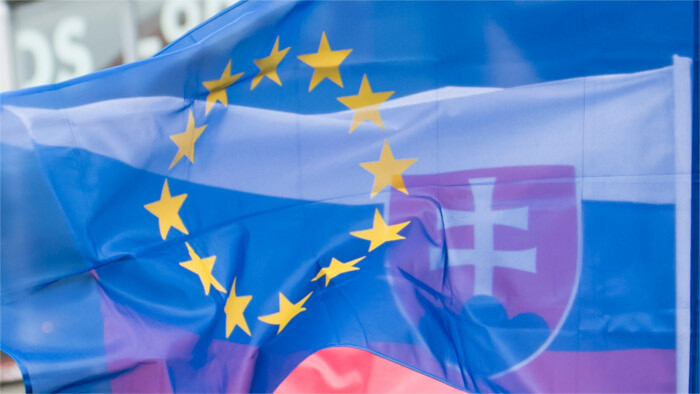The level of trust in the European Parliament and the European Commission is twice as high as the level of trust in the National Council and the Government of the Slovak Republic. These are the results of a representative survey conducted by NMS Market Research Slovakia between 28 March and 2 April among a sample of 1,008 respondents. The European Parliament and the European Commission are trusted by 35 percent of the population. On the contrary, the level of mistrust in these institutions is 55 per cent. 16% of Slovaks trust the National Assembly and 15% the Government of the Slovak Republic. More than three quarters of Slovaks expressed their mistrust in the survey: 79 percent of the population do not trust the government and 77 per cent the parliament. "We see a higher level of trust in European institutions, especially among people with higher education and young people under 24. Young people also trust the National Assembly and the government more than the rest of the population. But this is no longer the case for Slovaks with a university education," adds Denisa Lakatošová from NMS. According to her, they trust parliament and the government at a similar level as the rest of the Slovak population.
A third of respondents (34 per cent) are currently in favour of Slovakia leaving the European Union (EU), with 16 per cent strongly in favour. Support for this hypothetical step is above-average among men (39 per cent) and supporters of the Republic Movement (77 per cent) and the ĽSNS (64 per cent) and Smer-SD (55 per cent) parties. On the other hand, 55 percent of Slovak citizens disagree with the possible withdrawal and 33 percent of the adult population strongly disagree. People with a university education and supporters of the Progressive Slovakia, SaS and Democrats parties disagree more than average with this variant of future development. In spontaneous answers, the most common motives for supporting Slovakia's exit from the EU were regaining sovereignty in decision-making and legislation, restoring food production and agriculture, and preventing the influence of liberal ideologies on our society.
Source: TASR

